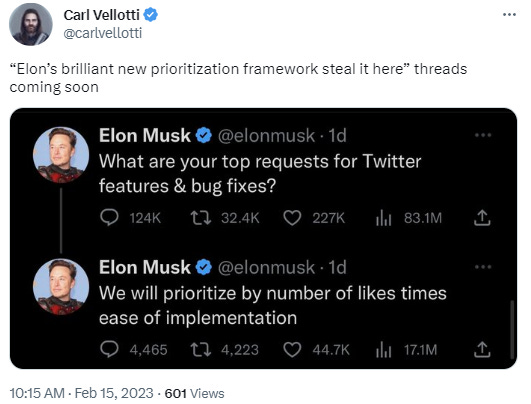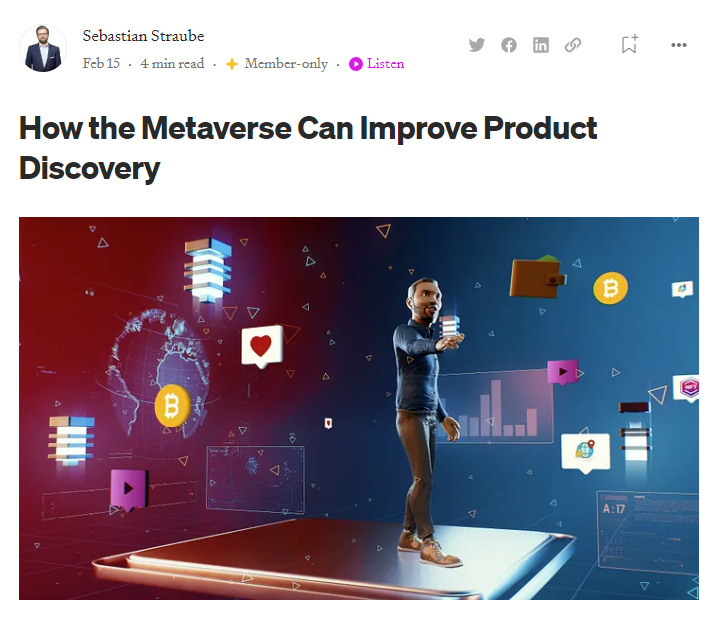How to: Kill the internet.
Answer engines are going to eat up your favorite websites and spit them out. Concisely, of course.
Welcome! Product Party is a weekly newsletter connecting people to the world of problem-solving through product 🎉
Will the delivery of an AI-driven “answer engine” kill the internet as we know it?
This week’s newsletter is inspired by a recent one from Making Product Sense by Jacob Jolibois called “Bing | Microsoft’s “Answer Engine."
Unless you’ve had your head buried in your JIRA board, you have more than likely seen all the news about Microsoft and Google launching their own “enhancements” to the world of search powered by AI.
If you have had a chance to see some of the screenshots (below), however, you’ll notice something a little different about the search. Here are a couple:
What is the biggest difference you see right away?
For me, the completeness of the response in the format I’m used to seeing from Google is a thing. It doesn’t look like it’s lifting the most relevant sentence from the top result. It’s maybe more isolated with the option to scroll a bit to get more information from related websites.
So could this “answer engine” kill the internet? Or will you merely give it a flesh wound?
If how we know as users to use “search” now flips to an “answer engine” type model…why would we need 95% or more of the websites we visit daily?
All of my searches around how to cook a steak without burning it, how to change a tire on my bike, and everything between could all be solved with a bullet list, some images, and maybe even a voice-over provided through this new technology.
One of the use cases where I wonder how they are handled upon launch is specifically around how live events can be handled differently. In the current state, a quick Google search brings me right to an aggregation of tweets, websites, etc., that help me self-direct where I want to go to give me the latest information I want. How might this look different in the future?
Assuming these “answer engines” are connected to real-time events, even the most timely information should be accessible in mere seconds, similar to today. However, what may be different is that these products could have the ability to simultaneously package all of the related information, including backstory, additional color from multiple sources, and an instant aggregation of relevant images and stories from all sources concisely presented for an end user.
Final Thoughts
If you want to get a great glimpse into what I’ve been covering, you should check out this video from LMG where they start to do real-time searching of physical products they have on their website.
Based on what they share, the search capability crawls images, videos, and all of their content to answer their questions. It’s wild. Once we see some big hitters like Bing and Google implement their complete solutions to the greater crowd, I suspect we will quickly see the evolution of the internet as we know it.
Random interesting reads
The Metaverse provides a vast and immersive space for product discovery, testing, and development. By leveraging virtual environments, product managers can conduct user research, test product concepts, collaborate across geographic boundaries, build product communities, and enhance product visualization and demonstration.
Support Product Party
Like what you’re reading? Tell some friends by clicking here and picking your favorite place to promote your favorite newsletters:








Interesting take on the intersection of search and AI. I hope to see this soon!